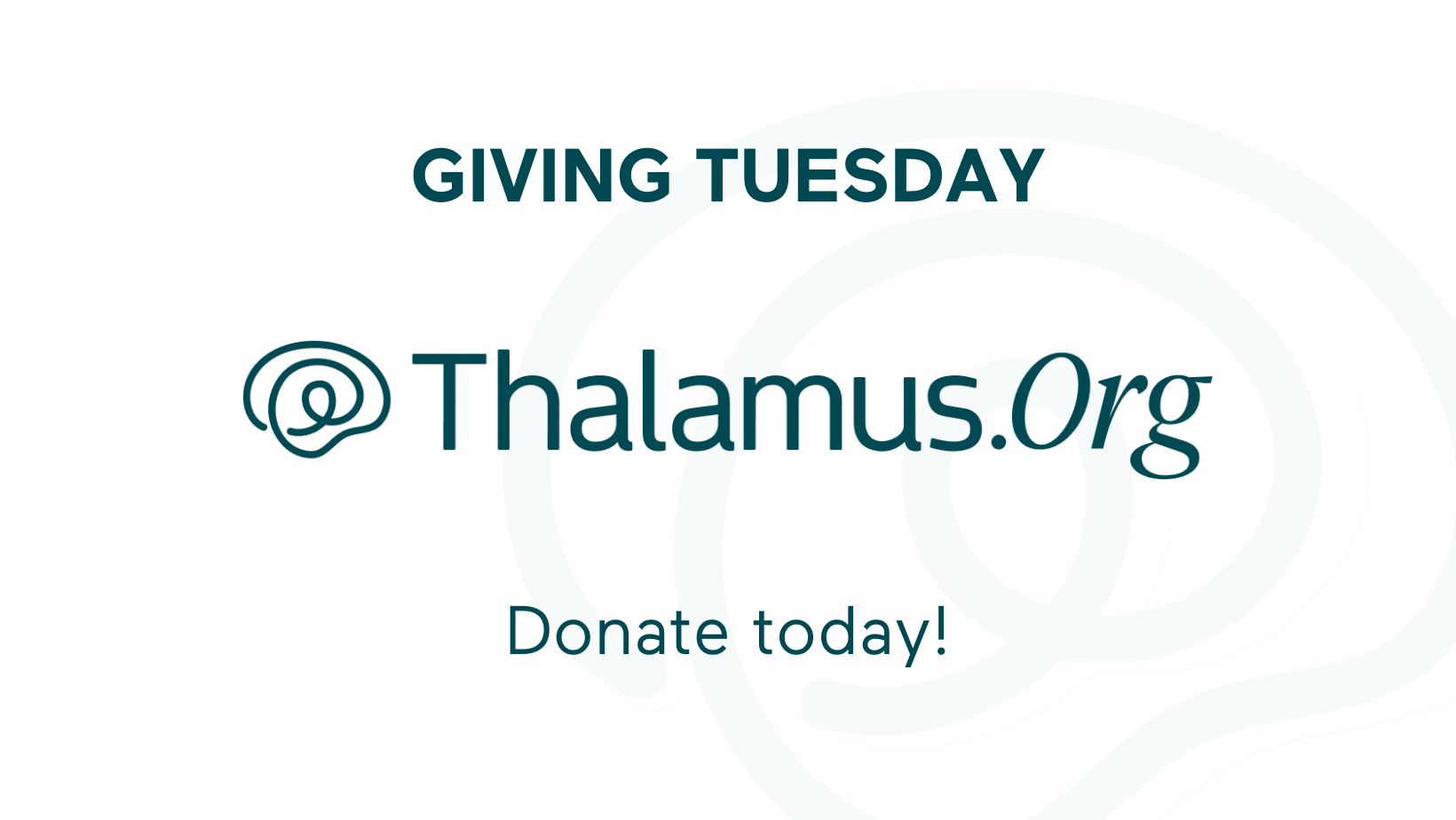Confessions of a Program Director: The Residency Personal Statement

Although the residency personal statement is rarely the part of the application that determines interview eligibility, it is still a major source of stress for many medical students.
For some of you, this is an opportunity to show off the non-scientific side of yourselves. Perhaps this is even a strong point! But for many of you, writing something like this does not come easy. And writing about ourselves is even harder.
What not to do
First, some "don'ts" to consider when putting your residency personal statement together.
Don't rehash
My advice is to use the residency personal statement to relate something about yourself that is not otherwise contained in your application. If you just summarize your CV in the personal statement, that is annoying for someone like me to read—and not very useful. After all, I just reviewed your CV in ERAS (twice as a matter of fact, but that is another story). So, please have mercy and don't continue to rehash what you already wrote in your CV.
Don't dramatize
Many of you choose to elaborate on a patient care experience in your residency personal statement. It's usually quite dramatic (in your mind) and begins something like, "Patient X rolled into the emergency room with a look of fear in her eyes. Doctors and nurses buzzed around her, all doing their necessary tasks. But when she locked eyes with me, I knew I needed to step in , hold her hand, and hear her story…"
I am sure many of you have experienced a very similar personal scenario whereby you, the medical student, connected with the patient in a way that nobody else did. And this is, indeed, admirable. But it is not unique. The fact is, you have more time than most other members of the health care team to spend time with the patient. As an attending, I actually covet your notes! They are some of the most detailed ones on our patients! So, thank you!
That stated, the case scenario presented in the residency personal statement is quite common. And it is overdone, in my humble opinion.
Don't feel the need to promote or explain a specialty
I have also read plenty of residency personal statements that come off as advertisements for the specialty to which the candidate is applying. For example, a typical sentence from the anesthesiology-bound applicant will read, "Anesthesiology encapsulates pharmacology and physiology and entails very close attention to the dynamic status of the patient." Uh, yeah. We know. You don't need to summarize what we do for a living.
We trust that when you made the decision to apply for this particular specialty, you have a good idea of what we do. But, if you can somehow connect something personal about your background to the demands of the specific specialty to which you are applying, that is a good idea. This might then read , "As the oldest child of nine, and with two parents who worked full time, I found confidence and comfort in being a primary caretaker of children." Or, "I never considered how important and informative my job as a bartender would be in my choice to pursue training as an anesthesiologist." That is relevant and provides a picture to the reader of your residency personal statement of you and how you came to choose this career.
Here's what you should include
So, what can you put in this residency personal statement? As someone who reads hundreds of these a year, I am looking for some nuggets of information which we can talk about during your interview.
- Have an interesting hobby that is unusual? Tell us why.
- Traveled to a faraway place outside your comfort zone? Describe that experience in more detail.
- Got some specific career goals besides finishing residency? Let's read about it.
- Did some specific life event change you forever? That seems like a great thing to share.
- Failed at something miserably? I definitely want to know how you overcame it.
In the end, it could very well be that you have no hobbies and never traveled anywhere fantastic. Instead, you live at home with your functional family in order to save money since you also did not start a company on the side. You also did not manage to accomplish any major research before or during medical school since you just decided to focus on the material at hand. And you did not fail at anything. Ever. You are just a great student who did well in medical school. So isn't that enough?
It sure is.
Just make sure that your residency personal statement is grammatically correct and contains no typos. And please keep it to one page.
A smooth road to residency
In another blog post, I offered advice for letters of recommendation, and many other posts on the Thalamus blog include tips for different stages of the journey.
Our platform was created with that purpose in mind, too. Thalamus reinvents the interview process, optimizing it for both applicants and programs, and increasing efficiency. Find out how it works!
Explore our latest insights and updates.













